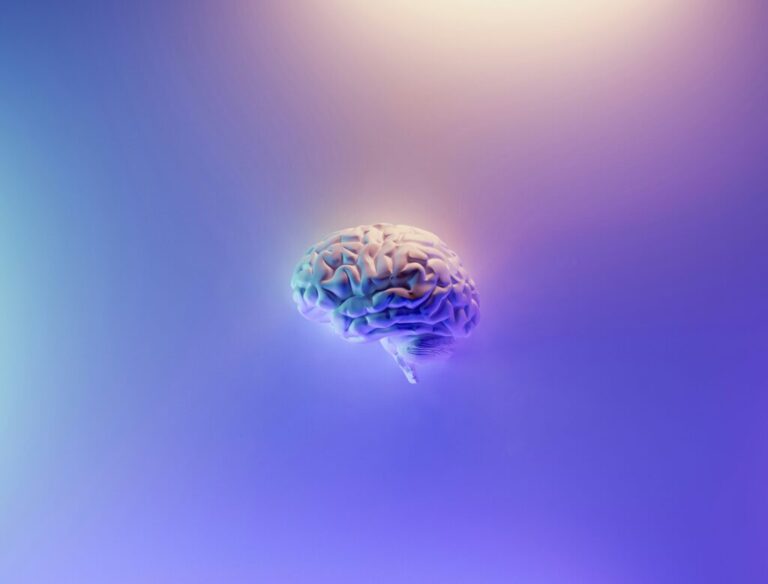We know that alcohol can have a huge impact on our bodies and our lives but exactly what difference and why the menopause makes researchers aren’t quite sure. What the experts do agree on, though, managing our addictive behaviour can be a lot more challenging during this time.
Two things we do know: firstly, women are physiologically more vulnerable to alcohol’s harmful effects than men. That’s why women tend to develop alcohol-related diseases earlier in life than men do. Secondly, the stress and depression that comes with menopause may trigger the onset of alcohol abuse or make alcohol misuse even worse.
After all, if you’re battling insomnia, mood swings, brain fog and hot flushes, who wouldn’t be tempted to reach for a drink. But because of the changes that happen in a woman’s body, the menopause and alcohol can be a dangerous combination. The hormonal imbalance that happens in menopause makes the impact of alcohol on your body and brain even more acute. Put another way, alcohol makes menopause worse and the menopause can make your drinking worse.

There’s no avoiding it – menopause can be a really challenging time for women. We have to continue to juggle work, home and family life while experiencing some really unsettling symptoms. A drink might help in the short term but ultimately alcohol will only exacerbate your symptoms. Alcohol can cause a spike in temperature, which will make night sweats and hot flushes worse. Red wine is particularly bad for hot flushes and women who drink daily are more likely to get night sweats as well as hot flushes. Bone loss speeds up during menopause thanks to a drop in oestrogen. Heavy drinking also increases the chance of developing osteoporosis, as well as putting you at risk for falling and fractures.
A drop in mood is common during menopause, as well as other mental health problems, such as anxiety, anger, and depression. Alcohol, because of the way it acts on the brain, makes all these conditions worse. Sleep is another good example. Insomnia is a common problem associated with menopause. You might think a drink will help you nod off at night, but it only disrupts your quality of sleep.
During the menopause your risk of heart disease, stroke, and osteoporosis increase. Alcohol exacerbates these conditions further. It’s also worth remembering the high sugar content in alcohol. As oestrogen levels drop, your body can become less responsive to insulin, and you can develop insulin resistance. Insulin resistance can cause weight gain, sugar cravings and fatigue. These are all symptoms of excessive alcohol consumption too.
The effects of menopause can be hard enough. As we’ve seen, when you couple them with alcohol abuse you can be left with a serious problem on your hands!


